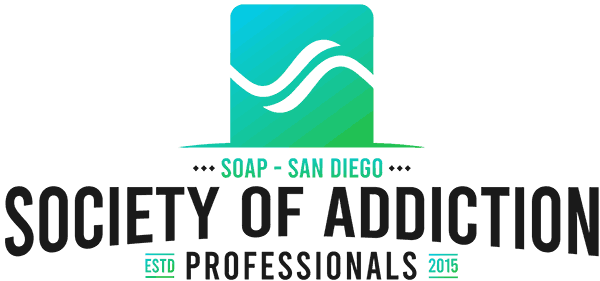Many people in recovery find relief throughdrug treatment, the 12 steps, and other forms of therapy. Acceptance and Commitment Therapy (ACT) is one type of therapy people may find helpful. This therapy is often practiced alongside mindfulness techniques to help people change their thinking and reactions. It is beneficial with triggers and helping an addicted person when they have certain feelings or are faced with specific challenges.
What Is Acceptance and Commitment Therapy?
ACT therapy is a type of therapy that uses mindfulness techniques. The purpose is to help the client stay focused on the present. Accepting the feelings and thoughts that happen is an integral part of the process. Using therapy techniques, a person stays focused on the present moment, feeling their emotions without panic or judgment.
ACT helps clients work through their complicated feelings and put their efforts into recovery, rather than self-judgment or dwelling in the past. To do this, a therapist will help their client learn new coping techniques, such as breathing exercises or going for a walk.
People who use ACT therapy learn to focus on life challenges without judging themselves or running into old self-destructive behavior patterns.
Recovery and ACT Therapy
Acceptance and commitment therapy encourages the client to live a fuller, more accepting life. We are all humans with flaws, many born out of challenging experiences. ACT acknowledges this and teaches people to practice self-compassion and self-care.
Rather than obsess over negative situations, ACT can help clients learn to let go and let things be. Everyone has challenges, and sometimes acceptance is the most critical challenge. Accepting that there are things that can’t be changed is vital as a part of recovery. No one can change the past, but moving forward starts with acceptance.
Once a client has begun to accept life circumstances, it’s time for them to take positive action for themselves. This means focusing on the things that CAN be changed, such as staying sober or continuing to work on themselves. This commitment to themselves helps them stay sober and begin to chart a path to recovery.
Commitment To Recovery
Once a person has committed themselves to recovery, it’s time for them to set goals. For many people, this will be thirty 12-step meetings in thirty days, going to a therapist weekly, and other immediate treatment goals.
Doing the footwork to stay sober is still essential. Focusing on the future, and accepting the past, are important goals to work towards in recovery. However, with recovery, a person also will focus on the present. This is where mindfulness techniques alongside ACT can also help regulate emotions and manage anxiety.
Staying sober, and committing to recovery, are goals that people often need to re-assert to themselves. That’s why commitment is usually made one day at a time. Acceptance and commitment therapy can be a big part of recovery.
About SD-SOAP
The San Diego Society of Addiction Professionals is a coalition of working professionals that get together to build solutions, and share resources, training, and skill in the field of addiction recovery. Learn more about us by browsing our events or contacting us at 760-402-5682.

